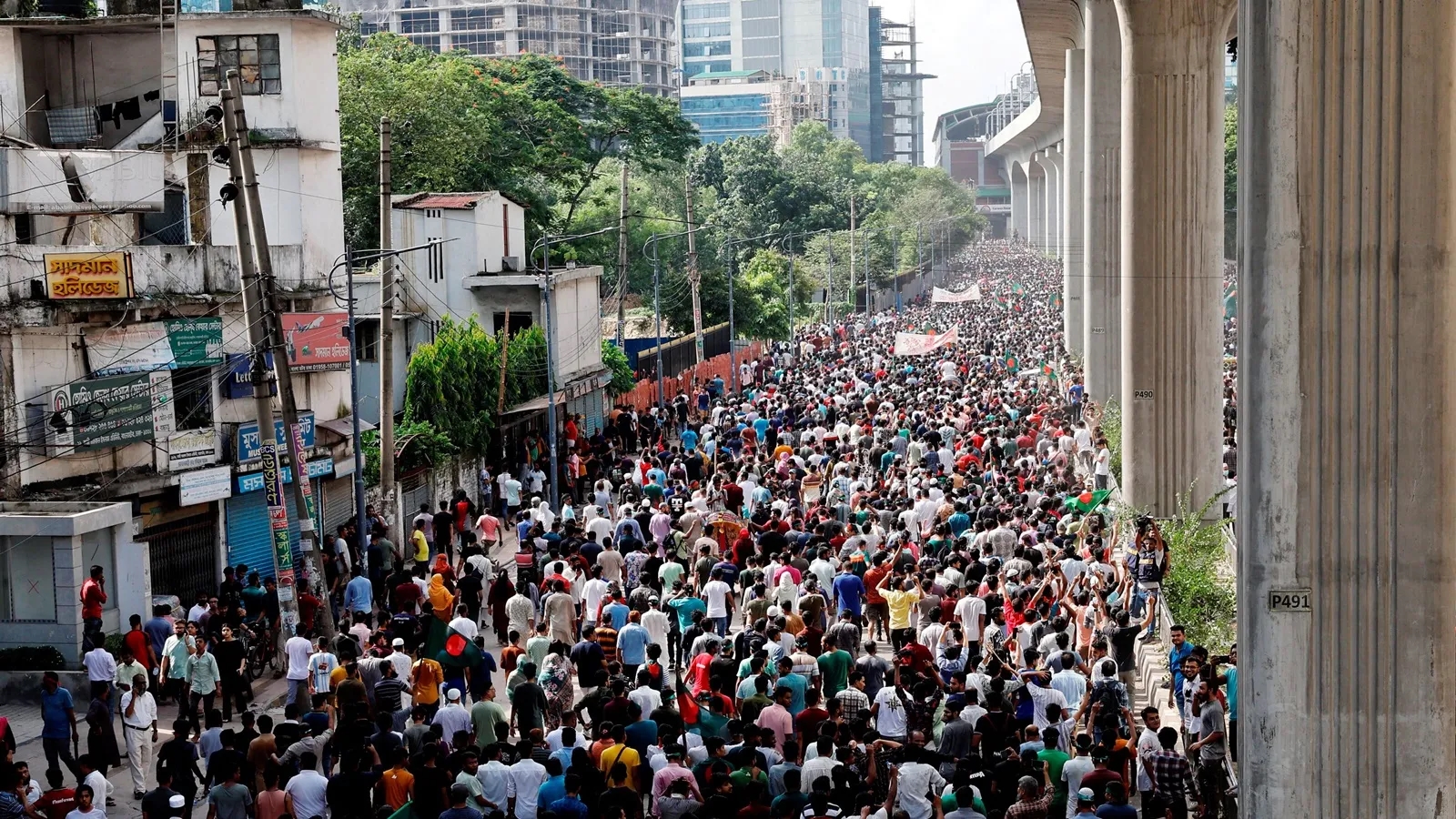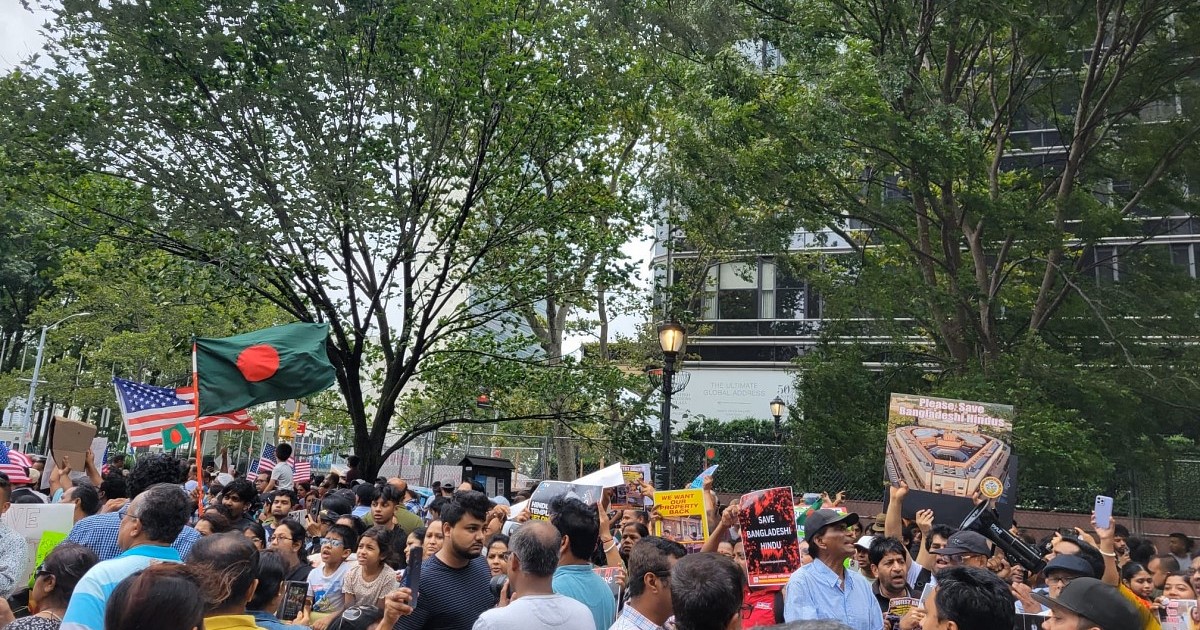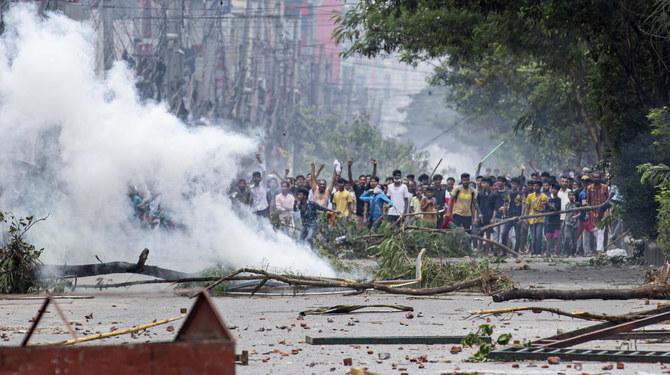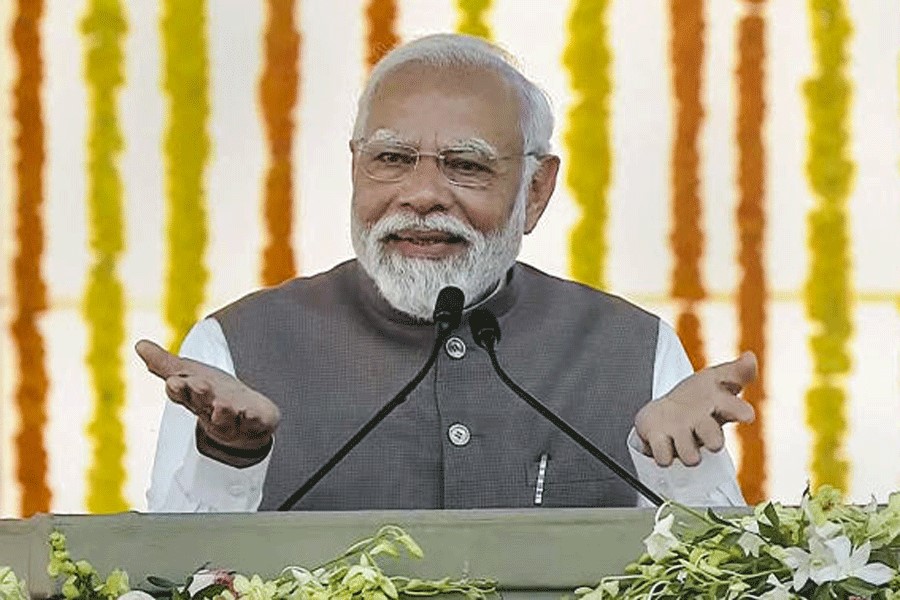India’s recent refusal to grant asylum to Bangladeshi Hindus suggests a significant shift in its refugee policy. This stance is surprising, given India’s historically generous approach towards refugees. Despite not being a signatory to the 1951 UN Convention Relating to the Status of Refugees or its 1967 Protocol, India has a longstanding tradition of offering sanctuary to those in need.
 The decision to turn away Bangladeshi Hindus stands in stark contrast to India’s previous actions, such as when it welcomed millions of refugees from East Pakistan during the 1971 liberation struggle. At that time, India was not bound by the 1951 Convention but still extended refuge to those fleeing violence and persecution.
The decision to turn away Bangladeshi Hindus stands in stark contrast to India’s previous actions, such as when it welcomed millions of refugees from East Pakistan during the 1971 liberation struggle. At that time, India was not bound by the 1951 Convention but still extended refuge to those fleeing violence and persecution.
Recent reports indicate over 200 attacks on minority communities in Bangladesh since August 5, including five confirmed deaths. This escalation in violence has heightened calls for India to provide asylum. Although India has enacted the Citizenship (Amendment) Act, 2019, which facilitates citizenship for non-Muslim minorities from neighboring countries, the current government’s refusal to grant temporary refuge highlights a troubling inconsistency.
The Indian government has instead formed a committee to monitor the situation in Bangladesh and protect Indian nationals and minorities along the border, reflecting a more cautious approach. This stance could undermine India’s reputation as a compassionate host and might have broader implications for its international standing and humanitarian commitments.




